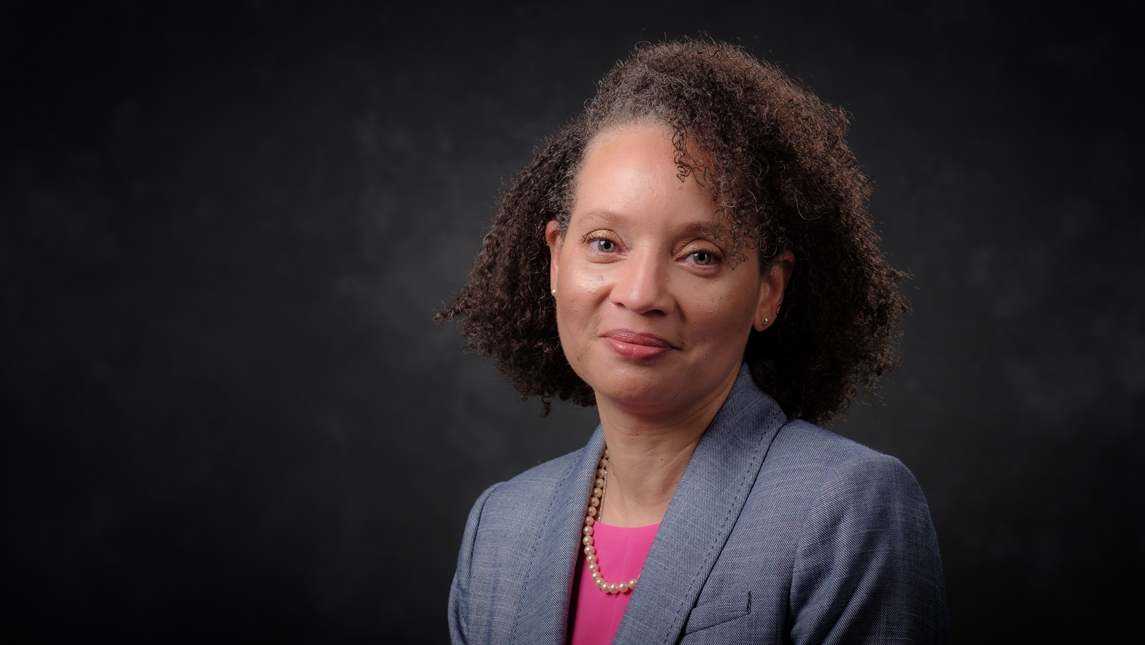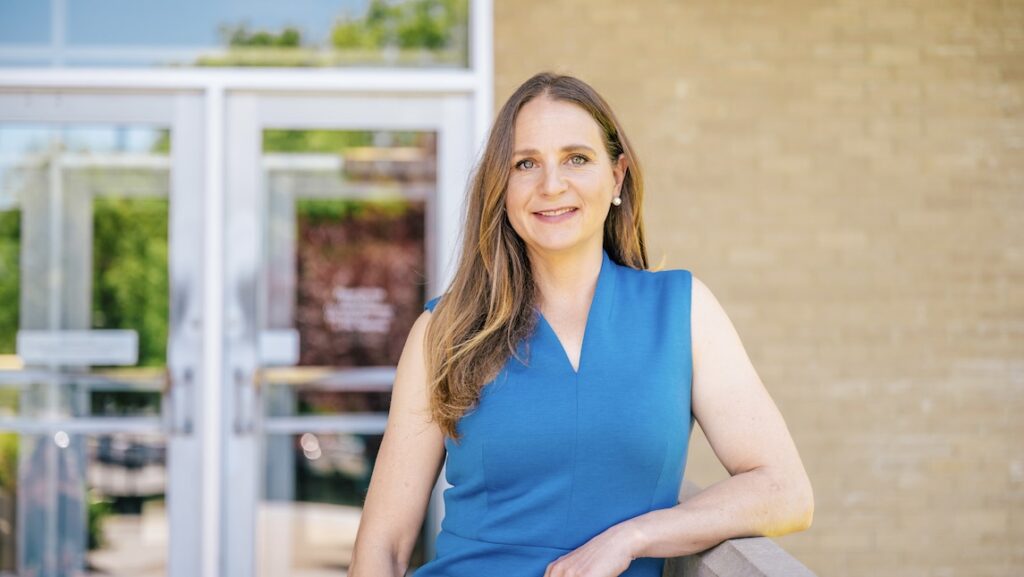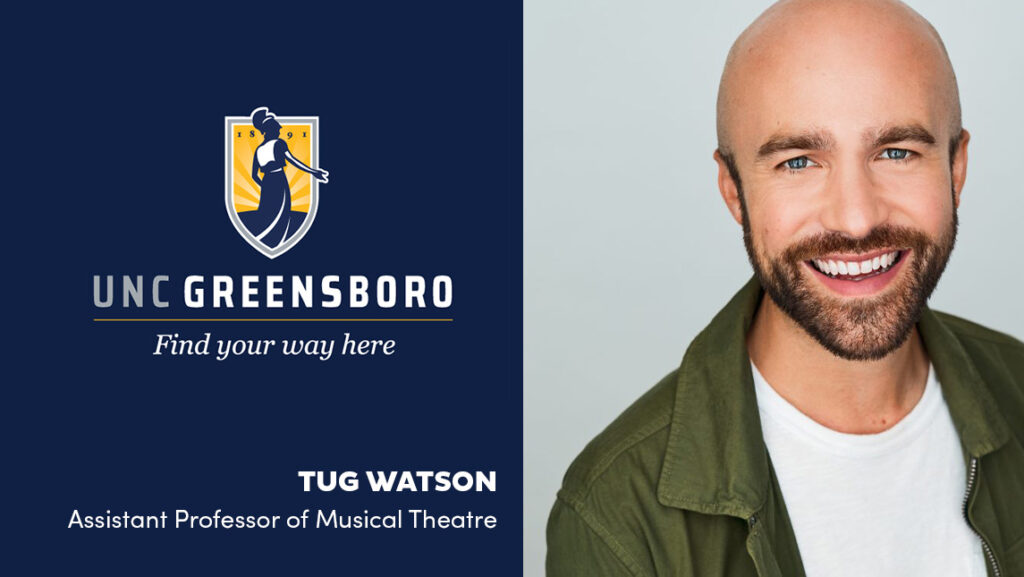
This fall, UNCG will take a bold step in advancing the personal and academic development of our students through the implementation of a new General Education program, called Minerva’s Academic Curriculum. The main goal of the new curriculum is to provide students with foundations and alternative perspectives for the more specialized knowledge gained in their majors, while ensuring that learning in the major builds upon and extends the work done in General Education courses.
A MAC Implementation Committee led by co-chairs Dr. Andrew Hamilton, vice provost for student success and dean of undergraduate studies, and Dr. Joi W. Bulls, AP associate professor in the School of Health & Human Sciences, will work to implement the new curriculum over a phased, four-year plan.
To assist in this process, Bulls has taken on the inaugural role of a new MAC Faculty Fellow in the office of the dean of undergraduate studies. She will act as the key contact and liaison between deans, faculty, and the Implementation Committee, and will work to advise on the process of incorporating new and existing courses into the new curriculum.
The new MAC curriculum conceptualizes a framework structured around competency achievement and includes “areas of knowledge.” Through MAC coursework, undergraduate students will engage in learning experiences to achieve 11 competencies across an equal number of courses, totaling 33-34 semester hours. Two of those competencies are new: health and wellness, and a foundations course aimed at helping new students transition to university life.
There are numerous motivations for the General Education revamp, including the need to streamline and clarify the GE requirements and unit hours to make it easier for students to navigate their progression. MAC will also focus on having students complete their GE requirements as early as possible, mostly during their lower-level courses. The knowledge and skills these courses provide will benefit them more if they encounter them at an earlier stage in their academic trajectories, helping to ensure their success later on as they progress through their majors, and will undoubtedly help with student retention as well.
“We have a lot of first-generation students, and many of them don’t know what they don’t know. They may think they don’t need a foundation’s course, but in fact, most do,” says Bulls.
Other needs for the new MAC include standardizing the total number of GE units required, and streamlining the student grade appeal process.
“We’re excited about the MAC because General Education is the beating heart of college-level learning, and this curriculum does a lot for students, including giving them a lot of freedom in choosing what topics and subjects to focus on as they develop and demonstrate core academic competencies. They will get to choose their own adventures in ways not possible in the current curriculum,” says Dr. Hamilton.
As the new MAC Faculty Fellow, Bulls will work with deans to make sure their curricula sync up with MAC, will help align course requirements with students transferring in from NC community colleges, and will work with departments to align their bachelor degree plans with the new General Education program. She will coordinate her work as Fellow with the Faculty Senate, so that progress on the new GE curriculum is transparent and communicated to faculty.
The Fellow will also work to encourage coordination and faculty development related to MAC through UNCG’s various multiliteracy centers, which include The Writing Center, The University Speaking Center, and The Digital ACT Studio, infusing work from those respective efforts within the new GE curriculum.
Bulls notes that many people from across campus have contributed to the development of the new MAC program. “Many representatives from departments across campus and undergraduate studies really took the time this last spring, summer, and fall to develop some great courses and they were really working hard with us. So I feel it’s important to thank them.” Hamilton agrees, “We are very grateful to our faculty partners for the work they did on MAC while managing their other duties in the disrupted Spring and Fall 2020 terms.”
The current stage of the MAC implementation focuses on the coordination of existing courses into the new curriculum. The Implementation Committee has set a deadline of February 1, 2020, to submit proposals for courses that are to be included in MAC.
But perhaps most importantly at this time, Bulls wants faculty and departments to know that they do not have to figure this all out on their own.
“There is help. They don’t have to do it alone,” Bulls says. “That’s what we’re here for, to help with any questions or concerns they have about the process or developing appropriate courses for MAC. So we have a portal and the General Education Council is a part of our team. If some departments are feeling overwhelmed by this process, call me, even if they just want to talk it out.”
Dr. Bulls can be reached at jwbulls@uncg.edu, or 336.303.0433.
For more information including the four-year phased plan, see the MAC website at https://mac.uncg.edu/.
Story by Matthew Bryant, University Communications
Photography by Martin W. Kane, University Communications


